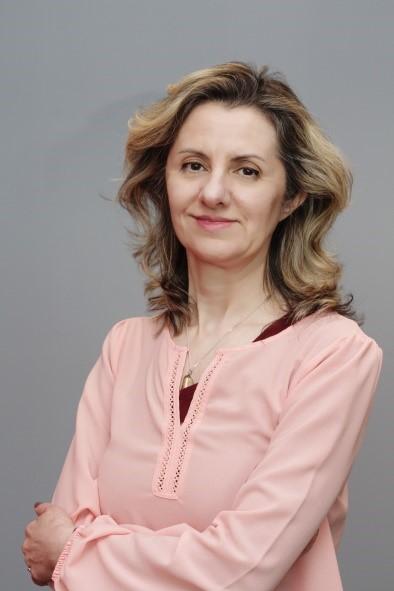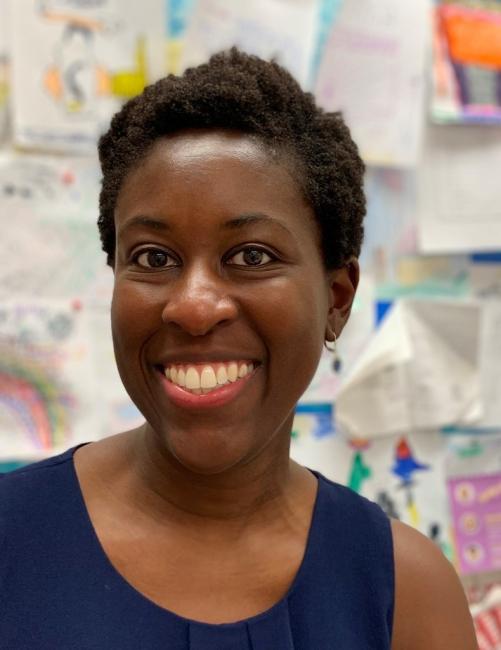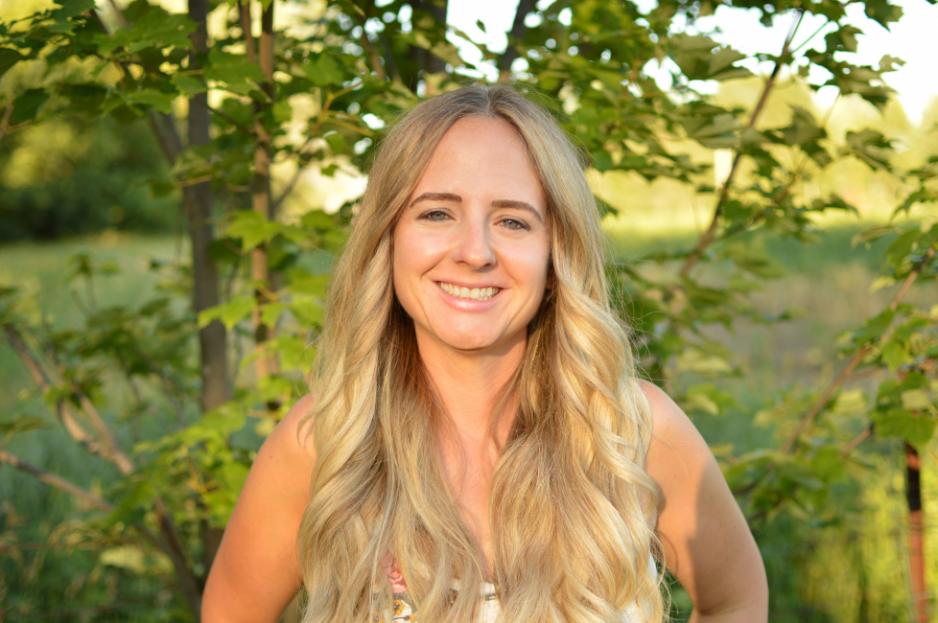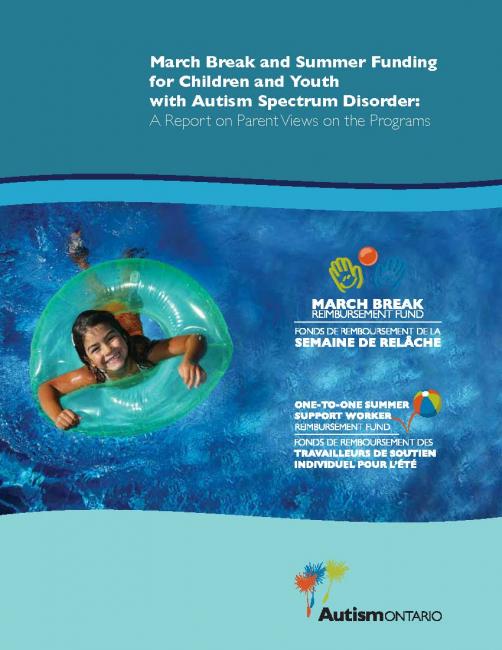Webinar - Equity-Based Health Promotion for Black Mothers of Children with Developmental Disabilities: Consideration for Practice and Policy during COVID-19 Pandemic and Beyond
What is an inclusive approach to health promotion? We will share the findings of a qualitative study of the challenges and strengths of black mothers of children with developmental disabilities. We will also discuss recommendations from the "approaches to care" section of the 2018 Canadian consensus guidelines on primary care for adults with Intellectual and Developmental Disabilities (IDD) and provide suggestions for improving diversity and inclusion within the places where we practice and receive care. We will conclude with recognizing the complexities of the COVID-19 pandemic for racialized families of children and youth with developmental disabilities.
Speakers:
Nazilla Khanlou, RN, PhD
Women’s Health Research Chair in Mental Health, Faculty of Health
Academic Lead, Lillian Wright Maternal Child Health Scholars Program
Associate Professor, School of Nursing York University
Nazilla Khanlou, RN, PhD is the Women’s Health Research Chair in Mental Health in the Faculty of Health at York University and an Associate Professor in its School of Nursing. She is the Academic Lead of the Lillian Meighen Wright Maternal-Child Health Scholars Program. Professor Khanlou’s clinical background is in psychiatric nursing. Her overall program of research is situated in the interdisciplinary field of community-based mental health promotion in general, and mental health promotion among youth and women in multicultural and immigrant-receiving settings in particular. She applies intersectionality-informed frameworks, using diverse research methods, in community-based research. She is founder of the International Network on Youth Integration (INYI), an international network for knowledge exchange and collaboration on youth. She has published articles, books, and reports on immigrant youth and women, and mental health.
Dr. Ullanda Niel is a Family Physician at the Scarborough Center for Healthy Communities in Toronto. She has a Bachelor of Science from Queen’s University and a Doctorate of Medicine from Albany Medical College in Albany, New York. She returned to Canada to complete a residency in Family Practice and a Fellowship in the Primary Care of Adults with Intellectual Disabilities at Queen’s University. She participated in creating The 2018 Canadian consensus guidelines on primary care for adults with Intellectual and Developmental Disabilities and clinical resources for the transition of youth with intellectual disabilities to adult care. Through her community health center, she cares for new immigrants, refugees and people with intellectual disabilities/autism including work at an in-school health clinic. She also works at Participation House, Markham, a group home for adults with cerebral palsy/intellectual disabilities.







